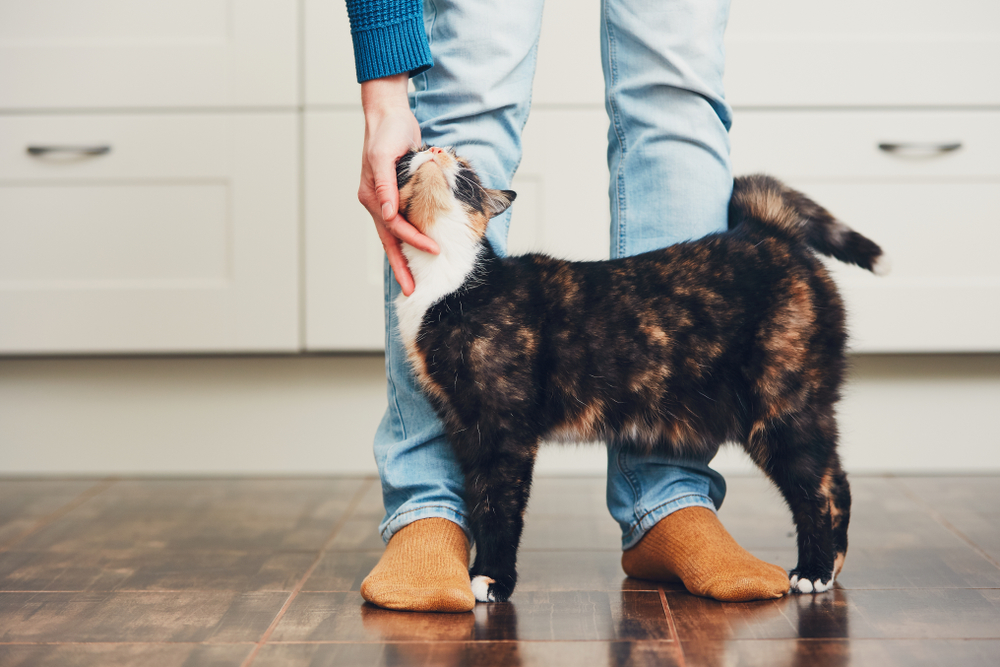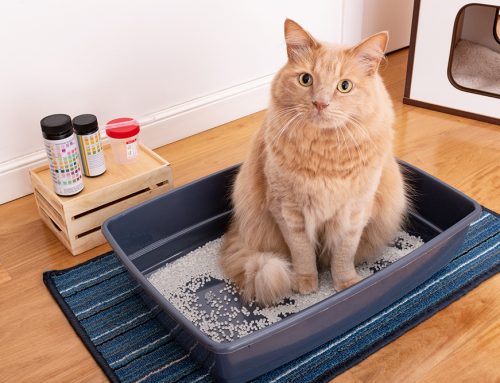Welcoming a new pet to your family is momentous, and you should thoroughly consider your lifestyle and do your research before making a decision. Depending on the pet you choose, your caregiving responsibilities may last for 20 years or longer, so think carefully about the type of pet who would best fit your current and future lifestyle. Before making the leap, consider your responses to our Oliver Animal Hospital team’s questions to determine which type of pet would be best for your family.
Question: Why do I want a pet?
Answer: Think about why you want a pet. Will this pet be for companionship? Protection? A hobby? Remember, a pet who can provide protection (e.g., rottweiler, Doberman) is extremely different from a pet you can raise as a hobby (e.g., snakes, lizards, birds).
Q: How much space do I need for a pet?
A: You do not have to live in a sprawling mansion to have a large-breed dog. However, a large dog needs plenty of safe outdoor space to run and play, but simply an appropriate bed—and maybe a comfy chair or sofa—to rest and relax. If you have a small home and limited free time, a small, low-maintenance pet is your best option. Remember, a pet’s size does not always correlate with their habitat’s size requirement. Fish, birds, and small rodents need ample room to exercise and complete their basic needs in separate areas, so a parakeet may need a much larger cage than you imagined.
Q: Do I have medical issues that could prevent me from having a certain type of pet?
A: Allergies commonly factor into the decision to get a pet, but other medical issues can also prevent you from welcoming certain pets into your home. For example, if you have back, knee, or foot problems that make walking difficult, a high-energy or powerful dog may not be your best choice, as you may be unable to ensure they get enough exercise without causing you to experience pain. If you are on a blood-thinning medication, a rambunctious kitten who climbs up your leg—inadvertently scratching you with each step—should be passed over in favor of an older, mellow cat.
Q: What are my prospective pet’s grooming needs?
A: Regular grooming is an essential pet care activity, and depending on the pet, a task whose essential time and effort vary greatly. Short-haired pets still need baths, brushing, ear cleaning, and nail trims, whereas chinchillas require dust baths, and lizards might need a conditioning skin bath to help them shed skin. Learn the type of grooming your prospective pet will require, and ensure you will be able to perform all necessary grooming tasks to keep them healthy.

Q: Do I have the necessary time to train my new pet?
A: A young puppy arguably requires the most training, whereas a kitten typically needs less instruction. Older dogs may also need a substantial amount of training, especially if you adopt one who has a behavior issue, such as separation anxiety or reactivity to leash walking. Before welcoming home your new furry bundle of joy, ensure you have plenty of time to train them to become a good family companion.
Q: How much exercise will my new pet need?
A: You may think that large- and giant-breed dogs sleep all the time, but these huge pets need adequate exercise to satisfy their physical activity and mental stimulation requirements. Although cats may seem self-sufficient and capable of exercising on their own, they also need structured exercise sessions to prevent obesity. Before bringing home a border collie, carefully consider whether you’d prefer a couch potato to this high-energy working dog, and choose a laid-back pet who has minimal exercise needs.
Q: How much will my new pet cost?
A: Pet species’ initial cost can vary greatly, depending on their habitat’s and supplies’ cost, plus the amount you pay for the pet themself. Adding pets of the same species may not always be cost-effective, as each animal may require their own habitat to prevent fighting or mating. Before bringing home a pet that is well out of your budget, research average costs for your prospective pet’s diet, grooming, housing, toys, and veterinary care.
Q: How much veterinary care will my new pet need?
A: All pets require routine wellness care to help prevent disease and improve their overall health, but their veterinary care requirements can differ. Young pets and seniors typically need more veterinary attention than healthy adult pets, while adult cats usually need to see the veterinarian less often than dogs because they are typically kept safe indoors. If you are thinking about bringing home a puppy or a kitten, plan on several initial monthly visits, as they will need essential vaccinations, spaying or neutering, and other preventive care. Consider whether you would prefer to bring home a year-old dog or cat, who may only require one initial visit to ensure their vaccinations and parasite preventives are up-to-date.
Congratulations on your new pet! Once your new addition has settled in, schedule a meet and greet and their wellness visit with our Oliver Animal Hospital team.








Leave A Comment